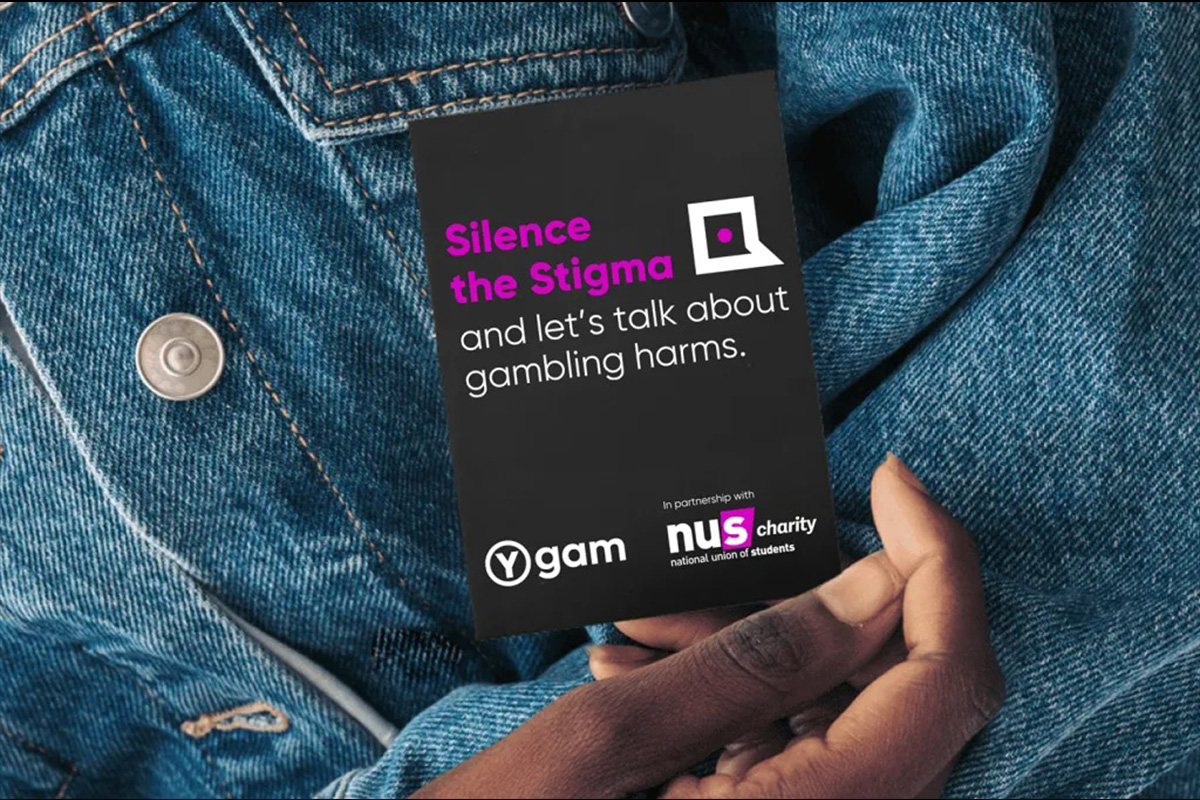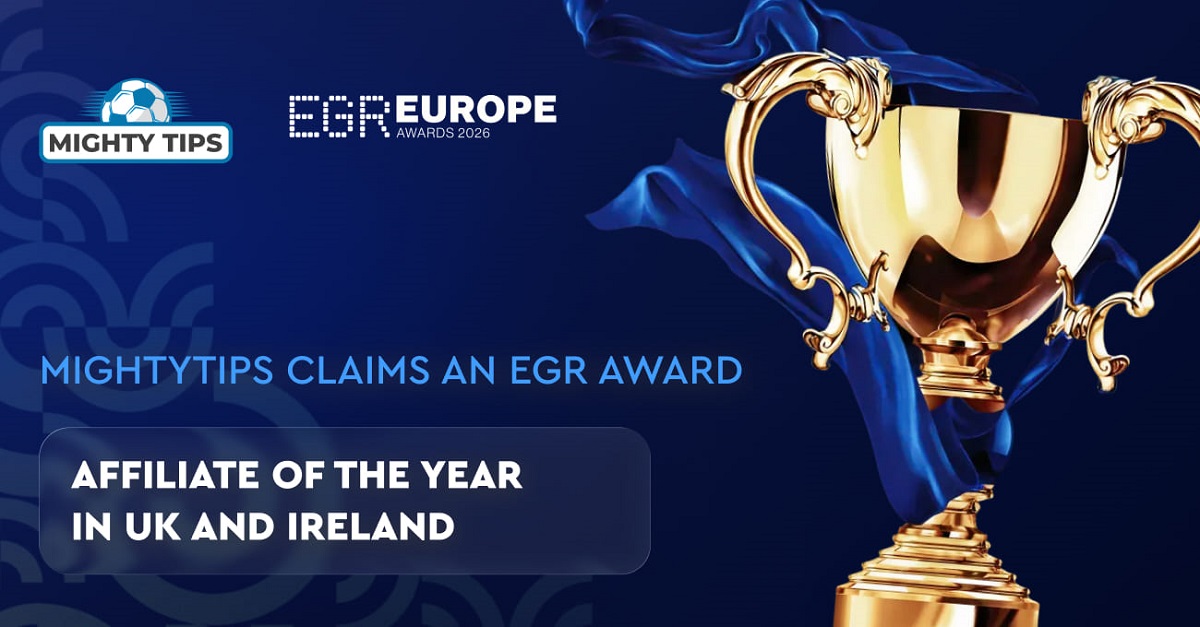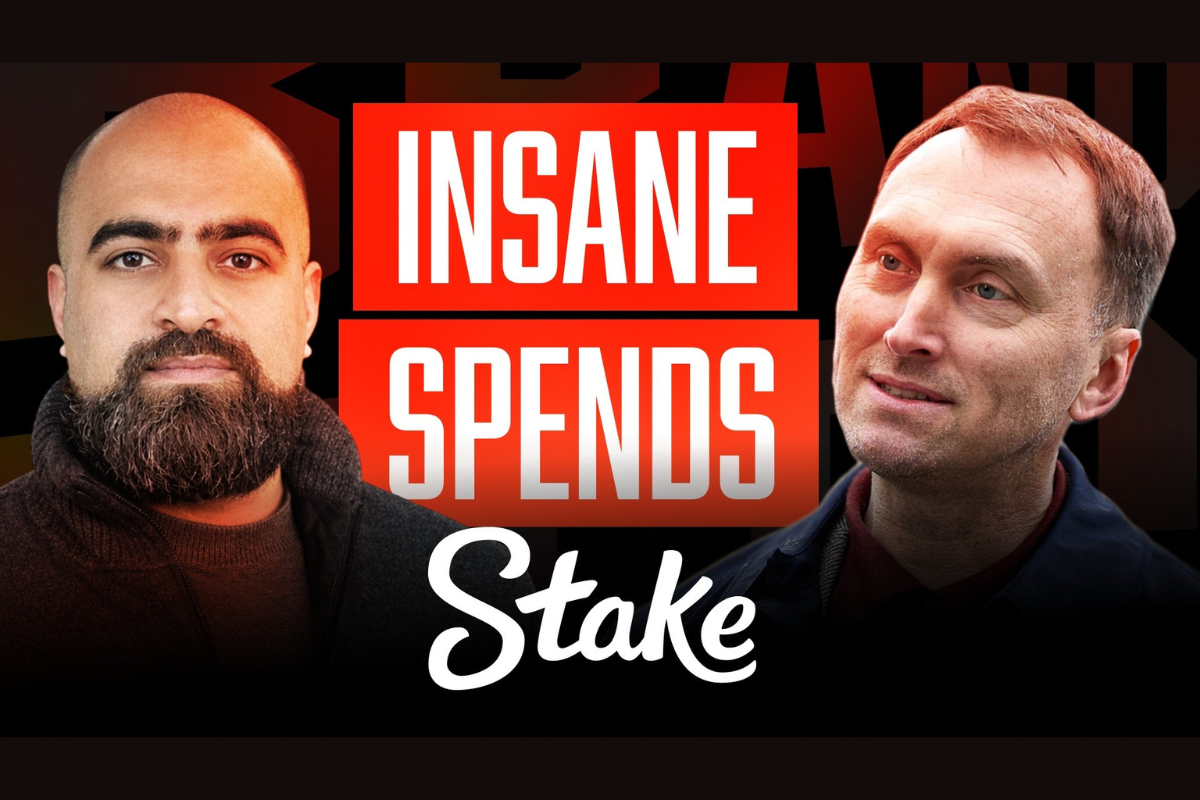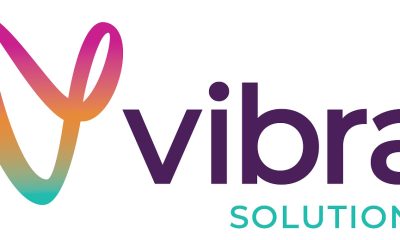Latest News
Ygam and NUS Charity Launch New Student Campaign

Ygam has partnered with the NUS Charity to launch a new student campaign to help students recognise the signs of gambling harms and start crucial conversations.
As part of National Student Money Week, the Silence the Stigma campaign launched at Queen Mary University of London on March 6. The event will bring together leading academics to present the latest research on gambling harms, explore ways universities can better support students, and provide an opportunity for a panel discussion and live Q&A.
The charities aim to collaborate with universities and student unions across the UK to provide advice and guidance to students through a variety of resources. Additionally, Ygam offers free educational workshops for students and CPD training for university staff on the issue.
The latest Annual Student Gambling Survey which was published this week found that 49% of students are gambling and 32% of them state friends as the biggest influence on their gambling behaviour. Students who gamble are four times more likely to experience gambling harms compared to the general population. Student gamblers are spending on average £27.24 a week on gambling with almost 1 in 10 students spending between £51-£100 a week. For 36% their motivation to gamble was to have fun with friends, second only to making money (45%).
The survey demonstrates the strength of influence that friends and peers have within the context of student gambling behaviour. 29% of students who do not gamble said that they knew someone whose university experience had been adversely affected by gambling, with 24% struggling to pay for bills, 20% struggling to pay for accommodation, and 17% seeing their grades suffer. Yet less than half (48%) of non-gambling students were aware of the support available on campus for those experiencing gambling harms.
GambleAware data shows that 75% of people experiencing gambling harms feel unable to talk to loved ones, with stigma being the biggest barrier to opening up. Additionally, while 1 in 4 people believe they know someone affected by gambling harms, 61% hesitate to start a conversation due to concerns about stigma.
Claire Patel, Programme Lead for University and Student Engagement, said: “The survey findings once again emphasise that students remain a group that engages in gambling in significant numbers and are particularly vulnerable to gambling-related harms. Unique social factors, the transition to financial independence, and the disproportionate impact of rising living costs on UK university students all contribute to this vulnerability.
Conversations among students on campus play a vital role in both identifying and safeguarding against gambling harms. Our campaign recognises that friends and peers are key to shaping a positive university experience and have a strong influence on one another’s decision-making. Students are uniquely positioned to spot the signs of gambling harm in their peers, and we believe they, like university staff, should be equipped with the tools and information needed to offer support.”
Charlotte Britton-Stevens, Acting Head of Union Development, NUS Charity, said: “We are delighted to be working with Ygam on the Silence the Stigma campaign – designed to get young people talking about gambling harms. This year’s Annual Student Gambling Survey shows that 21% of surveyed student gamblers were in the ‘problem gambling’ category, versus just 4.2% in the general population. These concerning numbers highlight how this digital generation of students, impacted heavily by the cost-of-living crisis, are particularly susceptible to the empty promises of online gambling.
“The campaign offers much needed resources to ensure students notice gambling harms and understand how to get help for themselves and their peers. We believe these valuable conversations will lead to more students seeking support and are working closely with our member students’ unions to ensure advice services are aware of the campaign and ready to offer much needed guidance. We know how vital SU advice services are in improving the student experience during these challenging times.”
The post Ygam and NUS Charity Launch New Student Campaign appeared first on European Gaming Industry News.
2026 EGR Europe Awards
MightyTips takes home EGR’s Affiliate of the Year title for the UK & Ireland

MightyTips was honored with the Affiliate of the Year award for the UK and Ireland at the 2026 EGR Europe Awards gala. The event took place on 18 February at the Hilton Malta in St. Julian’s, bringing together leading figures from the European iGaming sector.
This acknowledgment comes after a year of considerable expansion and product advancement for MightyTips. In 2025-2026, the brand underwent a significant website enhancement, improving its structure, navigation, and user experience.
Key updates included:
- launch of a new Tips section featuring short, expert-backed insights on betting opportunities;
- fully reworked sports predictions section with more structured, data-driven analysis;
- introduction of a new bonus section with a user-friendly, informative interface that clearly presents licensed operators’ offers.
MightyTips is an internet betting resource operated by SEOBROTHERS. In 2026, MightyTips was nominated for the EGR Affiliate of the Year award in Central and Eastern Europe.
Eugene Ravdin, Head of PR at SEOBROTHERS, commented: “The EGR Europe Awards are among the most established industry recognitions in the region. Winning it highlights the consistent work of the MightyTips team across multiple departments. This achievement reflects our long-term strategy and our commitment to sustainable product development.”
The EGR Europe Awards celebrate businesses that influence the iGaming sector throughout Europe. They acknowledge operators, affiliates, and suppliers establishing benchmarks in innovation, sustainability, customer experience, and product development. Regional categories highlight the advantages of particular markets, encompassing Central and Eastern Europe.
The accolade additionally acknowledges broader regional reach and enhanced collaborations with licensed operators in the UK and Ireland. MightyTips stays dedicated to delivering organized, data-oriented content for regional audiences, emphasizing compliance, transparency, and sustainable development.
The post MightyTips takes home EGR’s Affiliate of the Year title for the UK & Ireland appeared first on Eastern European Gaming | Global iGaming & Tech Intelligence Hub.
Codere Online
Codere Online Launches iOS Poker App in Mexico, Advancing Its Multi‑Product Expansion Strategy

Codere Online Luxembourg, S.A. a leading online gaming operator in Spain and Latin America, today announced the launch of its new iOS Poker application in Mexico, reinforcing the Company’s strategic objective to provide customers with access to a complete suite of online gaming products. As part of this multi‑product roadmap, both Bingo and the Android Poker app will form the next steps in expanding the Company’s offering in the country.
Developed in partnership with Playtech, one of the world’s most established gaming technology providers, the new iOS Poker app integrates directly with Playtech’s player‑vs‑player (P2P) Poker network. This allows Mexican users to compete in real time with players across multiple operators, ensuring deeper liquidity, a more dynamic environment and a superior competitive experience.
Codere Online continues to observe strong demand for Poker in Mexico, with more than 1,300 unique active users per month already engaging with the vertical across existing channels, a clear indicator of the product’s relevance and potential as mobile availability expands.
“Launching the Poker app for iOS in Mexico is a key step in delivering on our commitment to offer customers all major online gaming categories,” said Alberto Telias, Chief Marketing Officer at Codere Online. “Poker has quickly emerged as a highly attractive vertical for our users, and through our partnership with Playtech, we are bringing them a premium, high‑liquidity platform that elevates their experience.”
The new app offers a stable and intuitive interface with access to cash tables, multi‑table tournaments, Sit & Go formats, and fast‑paced modes. It also incorporates Codere Online’s robust responsible gaming tools to ensure that customers can enjoy Poker in a safe and controlled environment.
“This release reflects our strategy to broaden our product offering and enhance the user experience across all key gaming verticals,” said Ran Licht, Head of Product at Codere Online. “Playtech’s P2P network enables us to deliver a feature‑rich Poker environment connected to a broader operator ecosystem, and we look forward to expanding our product suite with additional verticals currently in development.”
“We are proud to partner with Codere Online and bring our P2P Poker network to their players in Mexico through their new iOS app,” commented Marat Koss, Playtech Chief Interactive Gaming Officer. “Codere Online players will now boast access to one of the most liquid and competitive poker networks in the entire industry.
The post Codere Online Launches iOS Poker App in Mexico, Advancing Its Multi‑Product Expansion Strategy appeared first on Americas iGaming & Sports Betting News.
Akhil Sarin
Akhil Sarin Joins Bet It Drives: Stake’s Growth and What iGaming Gets Wrong About Marketing

Season 4 of Bet It Drives is back, and Episode 2 features Akhil Sarin, CMO at Easygo and the marketing and partnerships mastermind behind Stake.
Sarin dives into the realities of iGaming marketing, sharing how some of the most cost-effective campaigns can deliver massive impact—including a low-budget idea that went viral with over 16 billion impressions.
Key insights from the episode include:
-
Stake’s most valuable partnerships and why they worked
-
What sets their sponsorship strategy apart
-
Common mistakes iGaming marketing teams make
-
The one thing Sarin wishes teams focused more on
-
Biggest red flags and warning signs in partnerships
-
Leadership lessons and internal trust challenges
The episode also features a fun “Confess or Call” segment, highlighting a late-night call to a senior exec about a high-stakes, unconventional idea—a true test of trust and creativity.
“This season is about open conversations, and Akhil was straight with us,” said Yevhen Krazhan, CSO at GR8 Tech and host of Bet It Drives. “iGaming marketers will rethink spend, partnerships, and what truly drives growth after this episode.”
Season 4 also includes a CEO debate with Cedomir Tomic (Founder, Alea) and Oleksandr Feshchenko (CEO, GR8 Tech), along with upcoming insights on crypto payments in iGaming and esports betting strategies.
Watch or listen to Season 4, Episode 2 on:
The post Akhil Sarin Joins Bet It Drives: Stake’s Growth and What iGaming Gets Wrong About Marketing appeared first on Eastern European Gaming | Global iGaming & Tech Intelligence Hub.
-

 Amusnet6 days ago
Amusnet6 days agoWeek 7/2026 slot games releases
-

 Brino Games6 days ago
Brino Games6 days agoQTech Games integrates more creative content from Brino Games
-

 Aphrodite’s Kiss6 days ago
Aphrodite’s Kiss6 days agoLove on the Reels: Slotland Introduces “Aphrodite’s Kiss”
-

 Alex Malchenko6 days ago
Alex Malchenko6 days agoEvoplay Strengthens Canadian Presence with BetMGM Partnership
-

 3 Oaks Gaming6 days ago
3 Oaks Gaming6 days ago3 Oaks Gaming Enters Spanish Market
-

 Latest News6 days ago
Latest News6 days agoRed Papaya Presents: Lucky Rainbow Rush Adventure
-

 AMLA6 days ago
AMLA6 days agoAMLA Launches Public Consultation on Three Draft Regulatory Acts
-

 app launch Feb 20267 days ago
app launch Feb 20267 days agoVibra Solutions Powers Betxico Mobile App Launch in Mexico — Scalable iGaming Platform





























